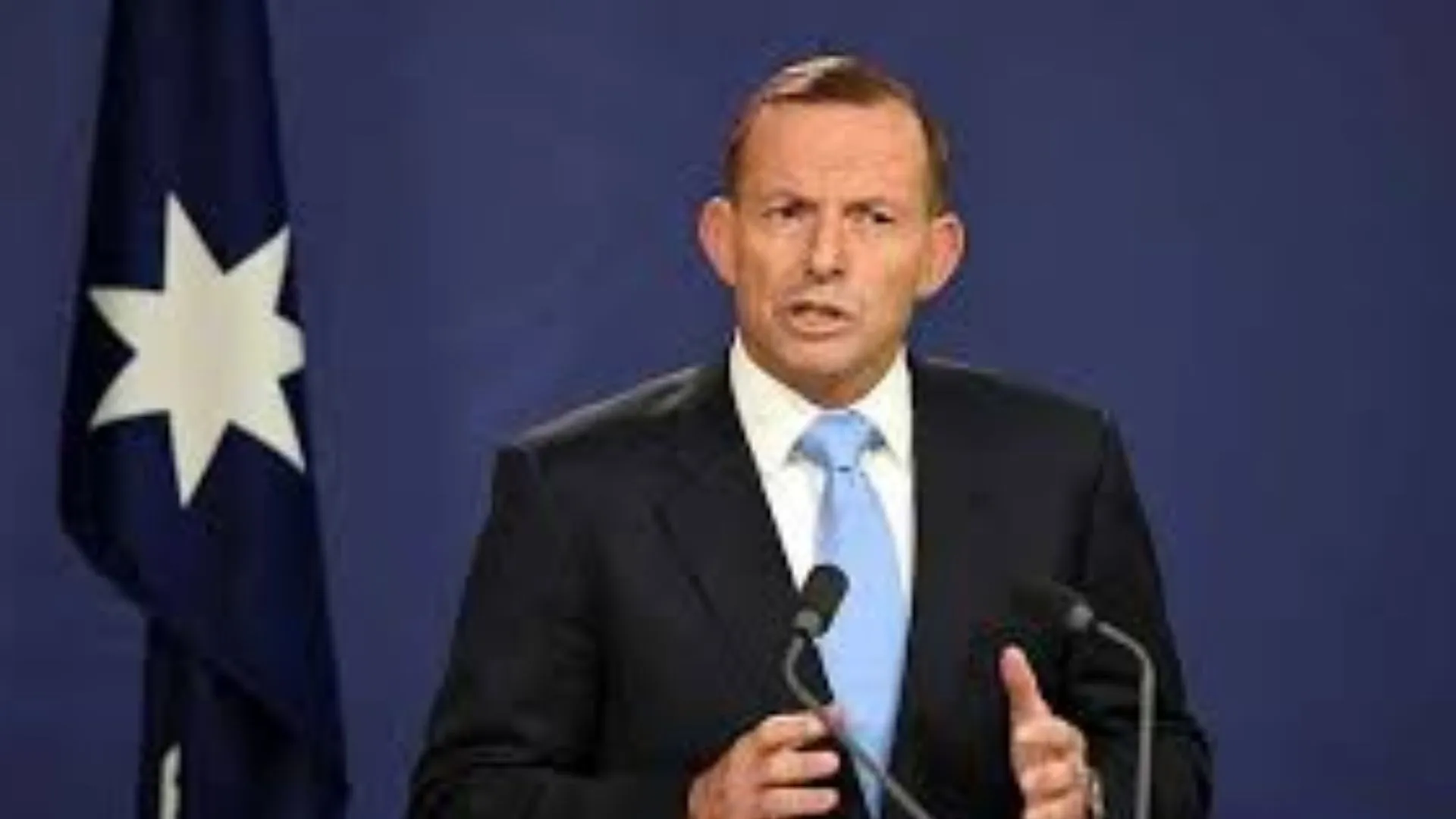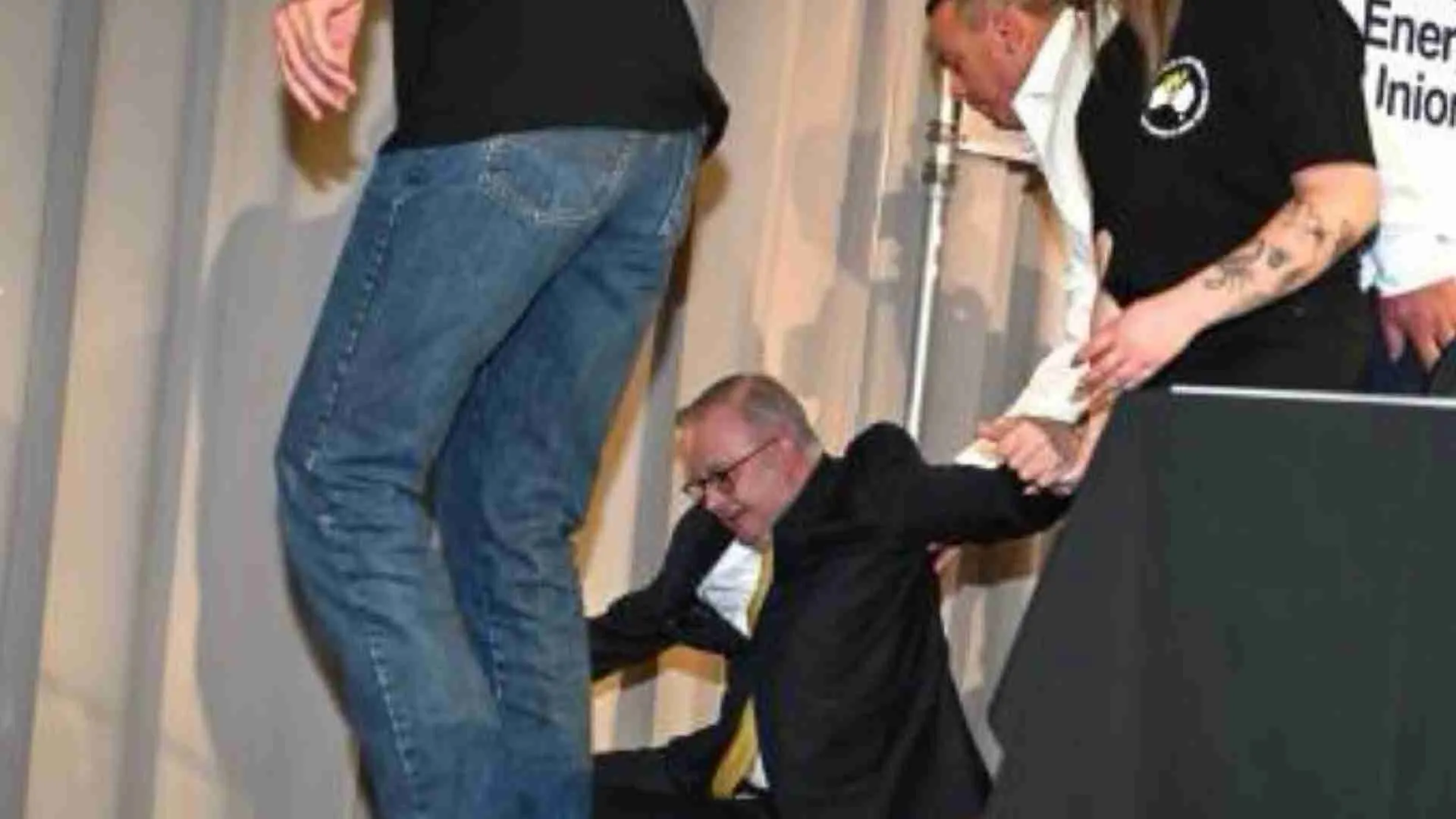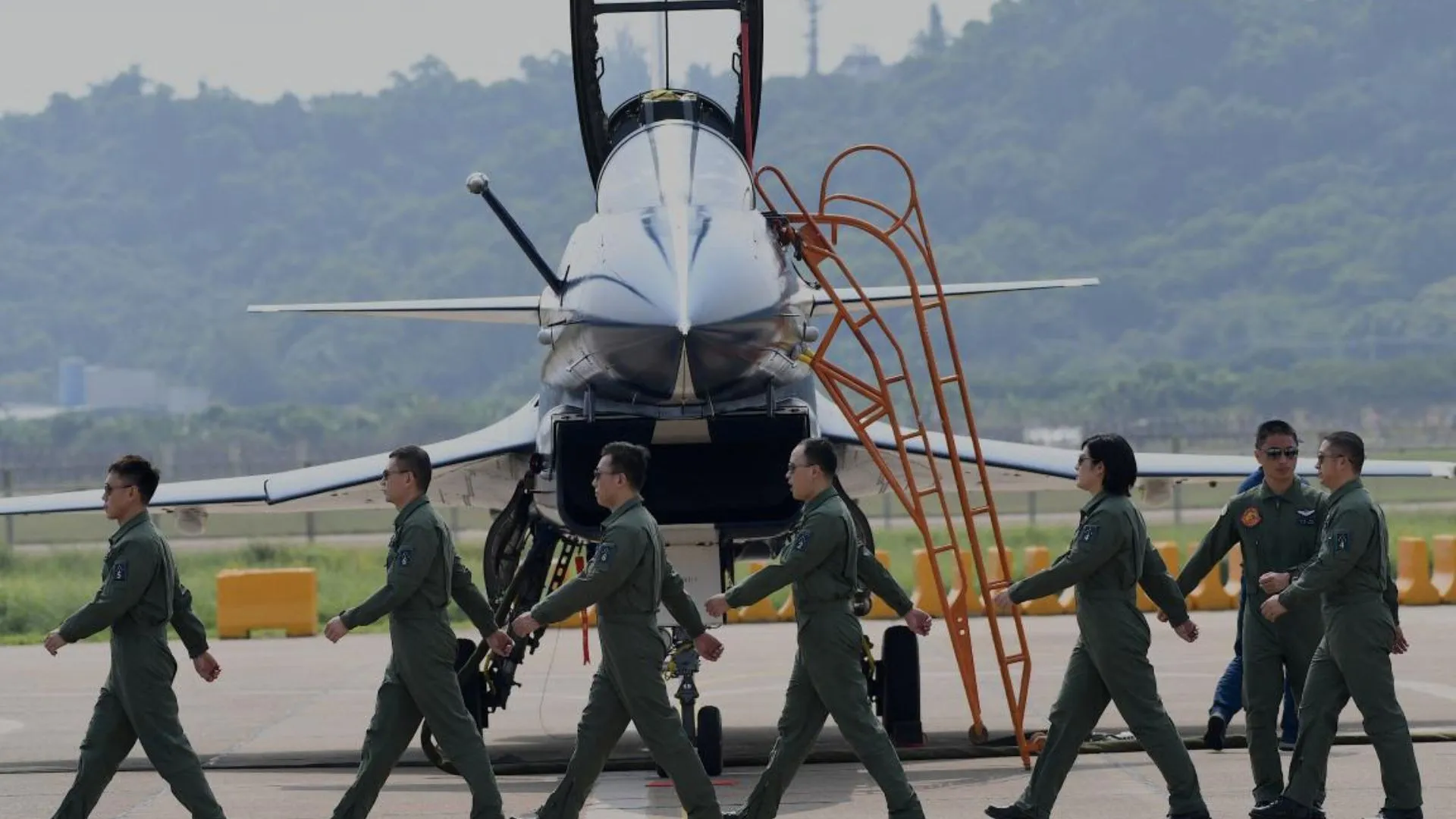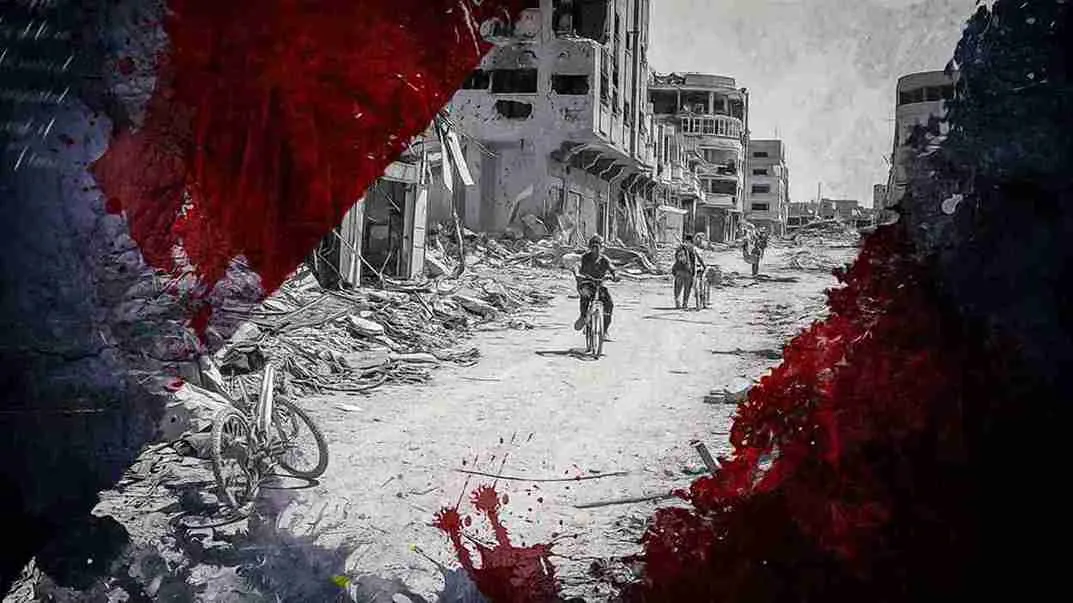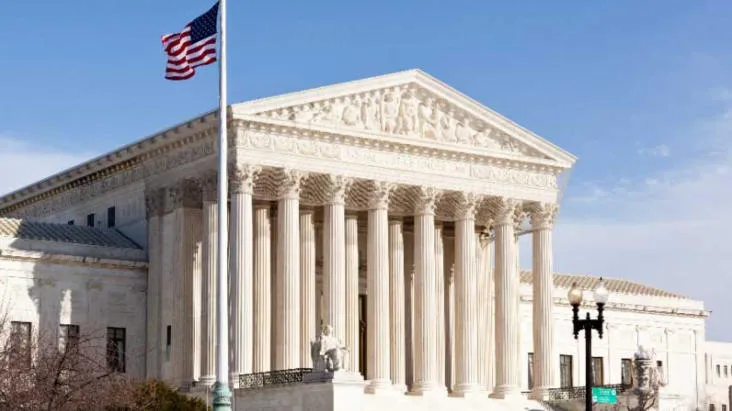On election night, Naila Khan Marwat rejoiced with scores of teenage volunteers beneath massive wall-mounted photographs of imprisoned former Pakistani Prime Minister Imran Khan whenever TV polls indicated their candidate was in the lead.
Then she returned to her laptop to collect complaints from candidates about alleged electoral rules infractions, which she compiled with 50 other young women and gave to party attorneys who were beginning legal challenges.
Marwat, 26, worked until the early hours of Friday at the party headquarters in Pakistan’s capital, closely monitoring the results, a more perplexing task than usual since former cricket hero Khan’s Pakistan Tehreek-e-Insaf supporters were barred from running as PTI candidates and using the cricket bat party symbol. They had to run as independent candidates.
“We have memorised all of the symbols and all the names of our candidates,” said Marwat, a law student. “We know every candidate and every symbol.”
Pakistan held a vital general election on Thursday as it strives to recover from an economic crisis and combats violence in a profoundly split political environment.
Former Pakistani Prime Minister Nawaz Sharif declared victory on Friday, claiming his party had emerged as the largest and that he would work with other organizations to build a coalition administration.
The final results were uncertain due to an unprecedented counting delay, but independents, mostly backed by the PTI, accounted for the largest group, with 92 of the 225 seats counted by 1600 GMT, outperforming expectations and surprising many.
Khan was removed from office in 2022, imprisoned in August, and banned from politics for corruption and criminal allegations.
Analysts believe the PTI’s strong performance reflects a possible protest element driving attendance as well as Khan’s ongoing popularity. They are concerned that if the independents are unable to form a government on their own, their high numbers will make Pakistan more unstable.
PTI supporters claimed the playing field was unequal, including a day-long suspension of cellphone services during polling due to security concerns following a string of militant assaults. The PTI relies significantly on its social media presence, which includes automated social media answers that assist individuals in finding polling booths and PTI-backed candidates.
Pakistan’s electoral commission has stated that it will investigate charges of violations.
“PTI is definitely here to stay. It may have been hollowed out and cut down to size, but … its support base remains large and loyal,” said Michael Kugelman, director of the South Asia Institute at the Wilson Center. “Khan remains a force to be reckoned with, even from his jail cell.”
That support base, which disagrees with strong army generals, has been dealing with a military-backed crackdown. The party claims the crackdown intensified ahead of Thursday’s vote as the military attempted to keep it out of the contest, something the army disputes.
Some analysts and voters believe Khan supporters were motivated to vote by the impression of military interference in politics, as well as irritation with months of rising prices and outrage over Khan’s three prison sentences.
“One of the reasons the military may be concerned is that there are signs of some genuine grassroots support,” said Maya Tudor, associate professor at the Blavatnik School of Government at the University of Oxford, adding the mobile services suspension on election day, after authorities had reassured people there would be no blanket communications failure, was a possible sign of worry.
Marwat, a law student, stated that she joined the PTI in 2016 and cast her first vote for it in 2018, enticed by its leader, whom she considered as “true” to Pakistan. Khan’s statements inspired her and many of her friends, she explained.
“Haven’t you seen the other great leaders? Like Nelson Mandela? …There are so many great leaders who have been in prison and they are suffering a lot,” she said. “But things change.”
Pakistan’s elections have long been plagued by allegations of cheating and the imprisonment of political leaders. While the turmoil is not new, analysts and supporters believe the PTI’s responsive campaign that crosses demographics is.
With its star sportsman figurehead and social media presence, the PTI is also popular among Pakistan’s large youth population, which grows with each election cycle. Pakistan has grown by an estimated 10 million people since the 2018 election, according to newspaper Dawn.
Nayaba Akhtar, a 21-year-old software engineering student, said she was encouraged to vote for a PTI-backed independent candidate.
“It feels great,” she said. “I’m sad Imran Khan isn’t here, but I’m happy my first vote is for Imran Khan.”


